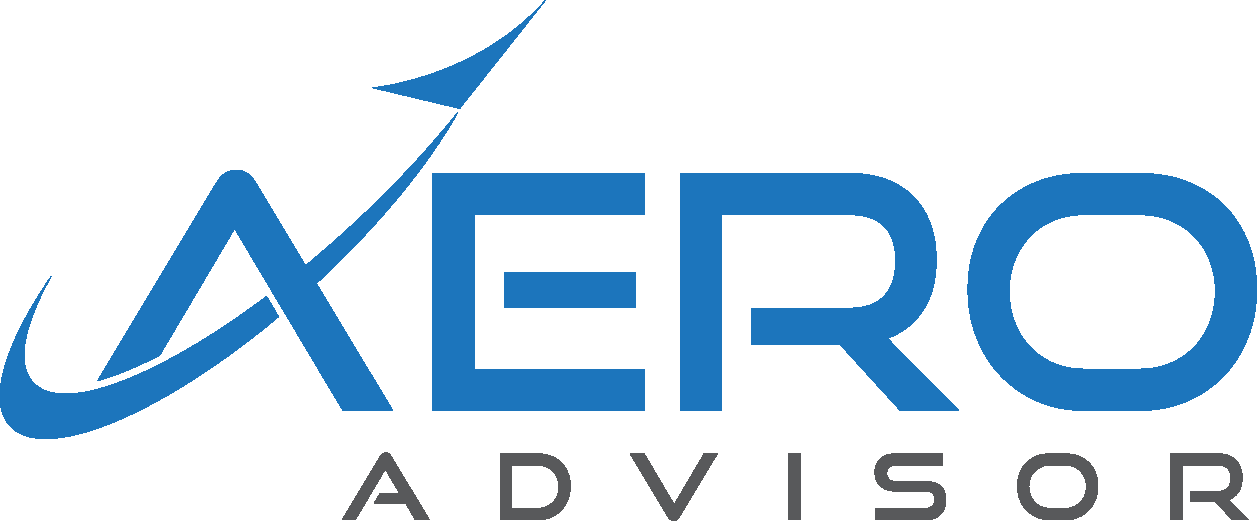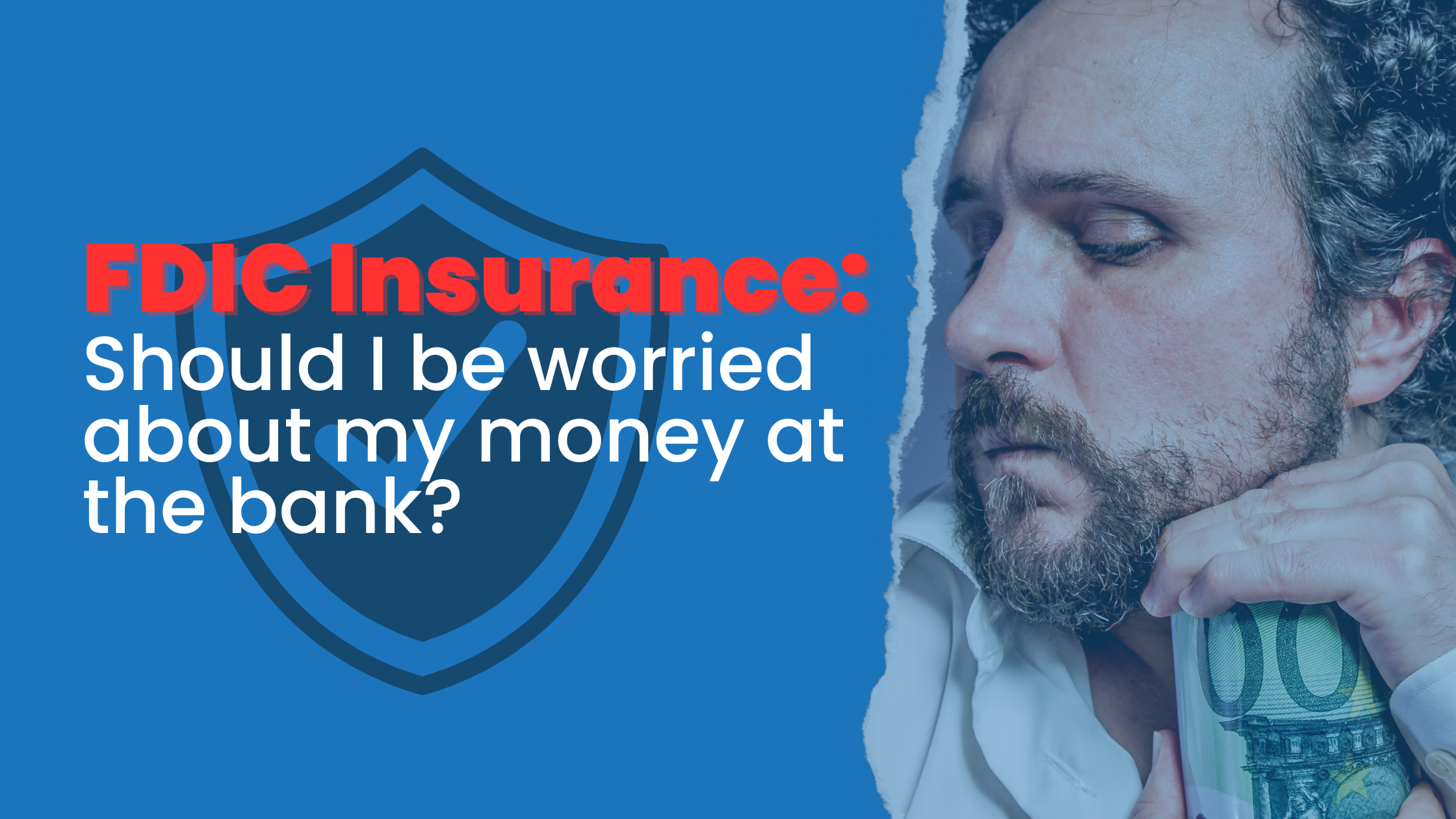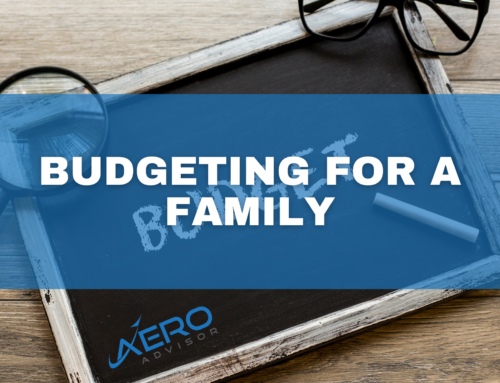With the recent closing of the Silicon Valley Bank in California and the continued stress in the banking industry, many have probably considered burying their hard-earned cash under their mattress or in the backyard in a coffee can (is that still a thing?). How worried should investors be about their short-term cash in the bank?
First, let’s talk about FDIC Insurance, a term many of you might have become familiar with over the past couple of weeks.
The Federal Deposit Insurance Corporation, or FDIC, is an independent agency of the United States government that provides insurance to protect depositors in case of a bank failure. The FDIC has been an integral part of the U.S. banking system for over 80 years. In this article, we’ll cover the basics of FDIC insurance and what it means for you.
What is FDIC Insurance and how does it work?
FDIC insurance is a type of government-backed insurance that protects depositors in case their bank fails. The insurance provides coverage for deposits up to $250,000 per depositor, per account category, at an FDIC-insured bank. Depositors do not have to pay any premiums for this insurance as it is funded by the banks themselves.
If a bank fails, the FDIC steps in to protect depositors. Depositors with insured accounts will receive their insured deposits, up to the $250,000 limit, within a few days. The FDIC takes over the failed bank’s assets and liabilities, and the bank’s depositors become the FDIC’s creditors. The FDIC then works to sell the bank’s assets and repay its creditors, including those people that had accounts at that bank. If a depositor has more than $250,000 in deposits at a single FDIC-insured bank, only the first $250,000 is insured.
What Accounts are Covered by FDIC Insurance?
FDIC insurance covers a variety of deposit accounts, including checking accounts, savings accounts, money market deposit accounts, and certificates of deposit (CDs). It also covers deposits in retirement accounts, such as individual retirement accounts (IRAs) and Keogh plans.
It is important to note that not all types of accounts are insured by the FDIC. For example, investments in stocks, bonds, mutual funds, and annuities are not covered by FDIC insurance (What if my brokerage firm fails you ask? Check out SIPC insurance) Additionally, deposits in foreign banks or foreign branches of U.S. banks are not insured by the FDIC.
What Banks are Covered by FDIC Insurance?
Most banks in the United States are FDIC-insured. Banks that are insured will display the FDIC logo on their website and in their branches. Depositors can also check if a bank is FDIC-insured by using the FDIC’s BankFind tool on its website.
It is important to note that not all financial institutions are insured. Credit unions, for example, are insured by the National Credit Union Administration (NCUA), not the FDIC. Depositors should check with their financial institution to determine what type of insurance coverage they have.
What Happens if My Bank Fails?
If your bank fails, the FDIC will step in to protect your deposits. The FDIC will notify you by mail of the bank’s failure and provide instructions on how to access your insured deposits. In most cases, you will receive your insured deposits within a few days.
If you have more than $250,000 in deposits at a single bank and the bank fails, you may have to wait to receive all your insured deposits. The FDIC may sell the failed bank’s assets to repay its creditors, including depositors. If the proceeds from the sale of assets are not enough to repay all the bank’s creditors, including depositors, the FDIC may need to collect additional funds to repay depositors. This process can take some time, but the FDIC will keep depositors informed throughout the process.
DID YOU KNOW? According to the FDIC, there have been 563 bank failures since 2001. YES 563!!!!
How Can I Maximize My Coverage?
You can maximize your FDIC insurance coverage by spreading their deposits across different account categories or different FDIC-insured banks. For example, a depositor with $500,000 in savings could open two accounts at the same bank: one for $250,000 in a single ownership category (such as an individual account) and another for $250,000 in a joint ownership category (such as a joint account with a spouse or family member). This would ensure that all $500,000 is insured by the FDIC.
Alternatively, a depositor with more than $250,000 in deposits could open accounts at different FDIC-insured banks (maybe 50 of them?). For example, a depositor with $500,000 in savings could open accounts at two different banks, each with $250,000 in each. This would ensure that all $500,000 is insured by the FDIC.
There are some ins and outs with regard to how the accounts are titled (single, joint, business, trust, etc.) at the bank that can get an account holder more than the $250,000 limit but check with your banker to make sure how much coverage you have.
So how worried should I be?
Generally, not that worried. FDIC insurance is a valuable tool for protecting depositors in case of a bank failure. Just make sure you’re aware of the coverage limits and rules for ownership categories to ensure that your deposits are fully insured. By spreading deposits across different account categories or different FDIC-insured banks, you can maximize their FDIC insurance coverage and protect their hard-earned savings.
Also, if you have that much cash on hand (where you must spread it across multiple banks) it might be a good time to examine your big picture financial plan to see if you have too much of your net worth in short-term funds. If it’s set aside for a short-term financial goal (like a down payment on a house or to purchase a business) that might be ok, just make sure your goals align with how you have your money working for you.







